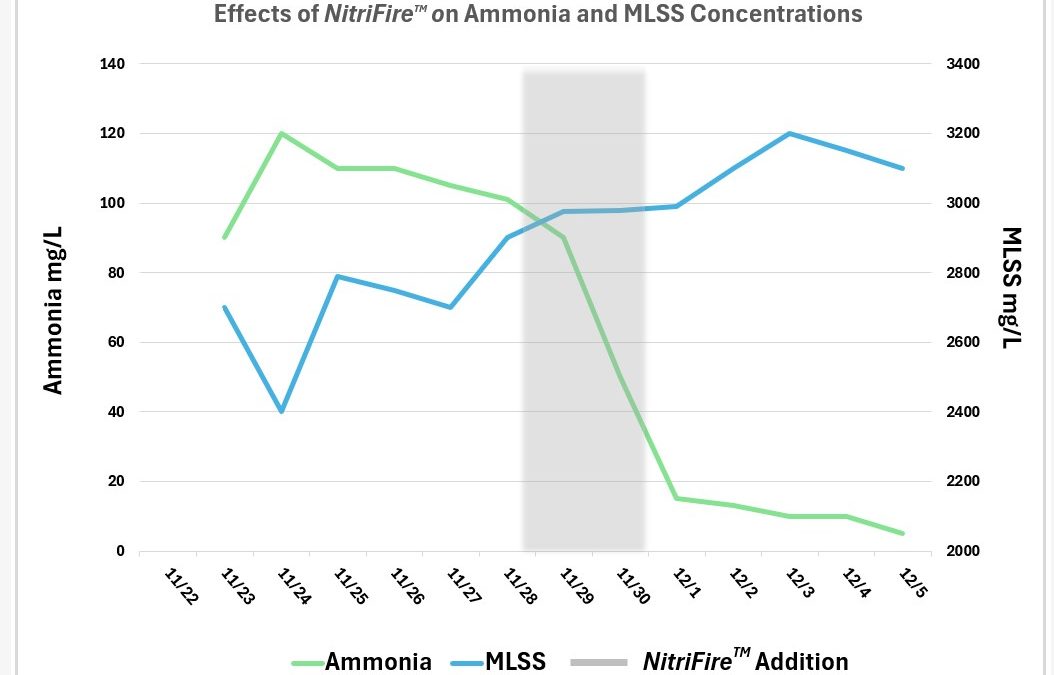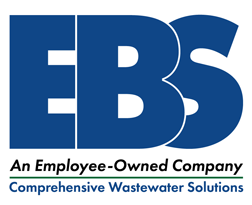Articles
Recent Articles

Five Key Areas To Improve Your Wastewater System
Wastewater management is a multifaceted endeavor. Below are five critical areas that can significantly enhance your system's effectiveness. 1. Generating reliable laboratory data While it’s true what they say, “you can’t control what you don’t measure,” at...
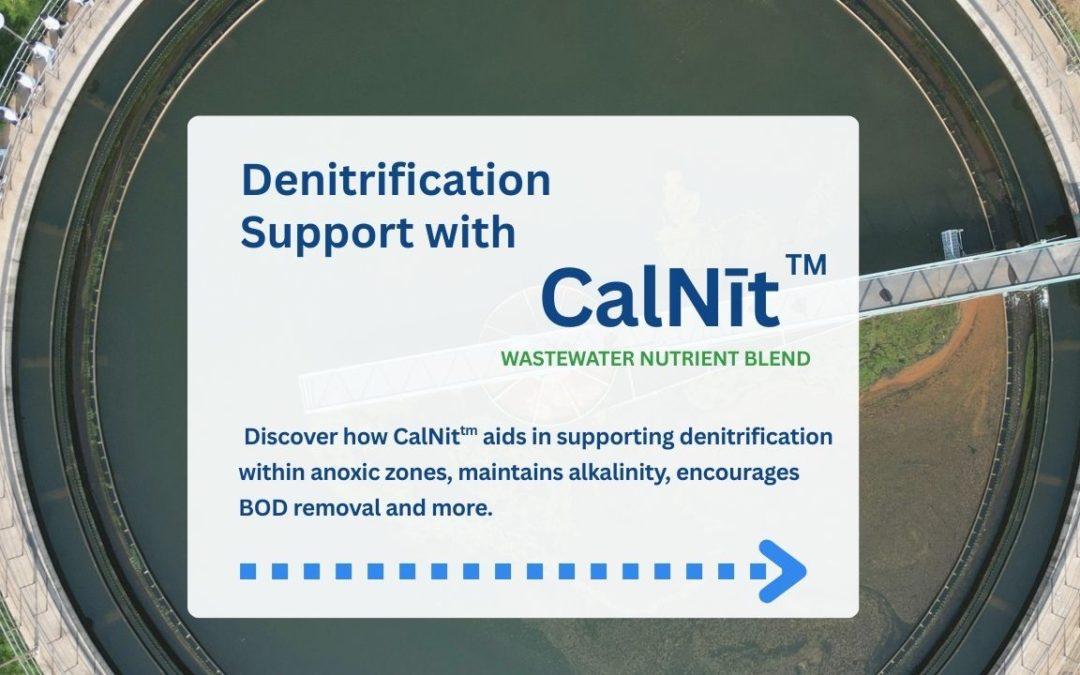
Denitrification Support with EBS CalNit™

Storm Preparedness and Recovery Plan
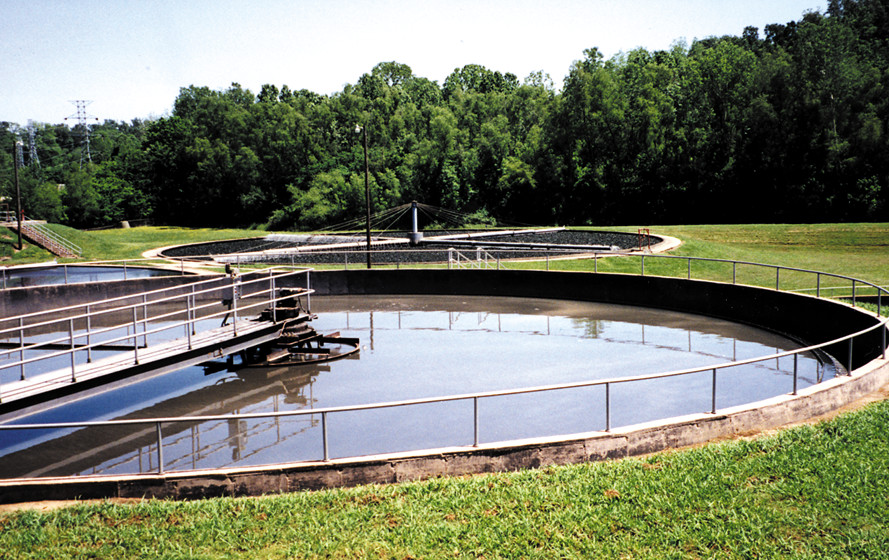
Improving the Performance of Activated Sludge Systems — An Operator’s Perspective
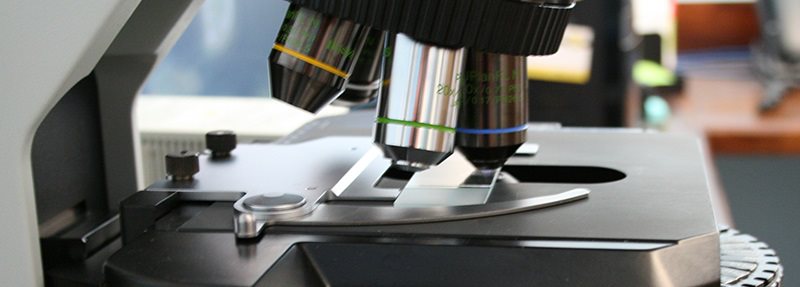
6 Tips for Microscopic Evaluation of your Activated Sludge System
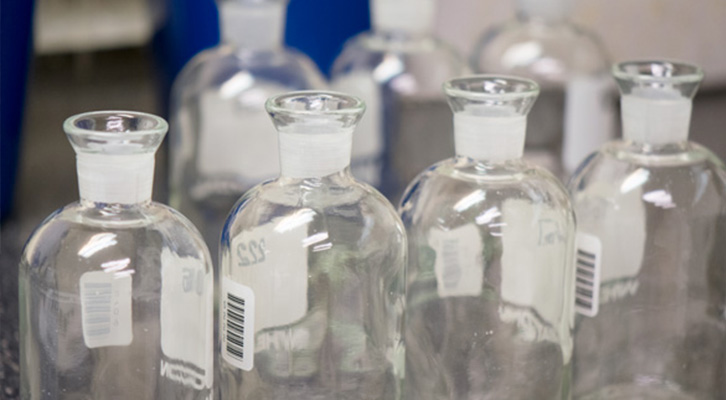
Running the Biochemical Oxygen Demand (BOD) Test

Keys to Success Before, During, and After an Outage
Featured Articles

Storm Preparedness and Recovery Plan

Improving the Performance of Activated Sludge Systems — An Operator’s Perspective

Keys to Success Before, During, and After an Outage

Is Your Chemical Program Impacting Your Wastewater Biology?
Wastewater managers and operators want confidence that their facility’s chemical program will not negatively impact their biological treatment system. Whether you are a chemical supplier or product end user, EBS can assess chemical additives for impacts on...
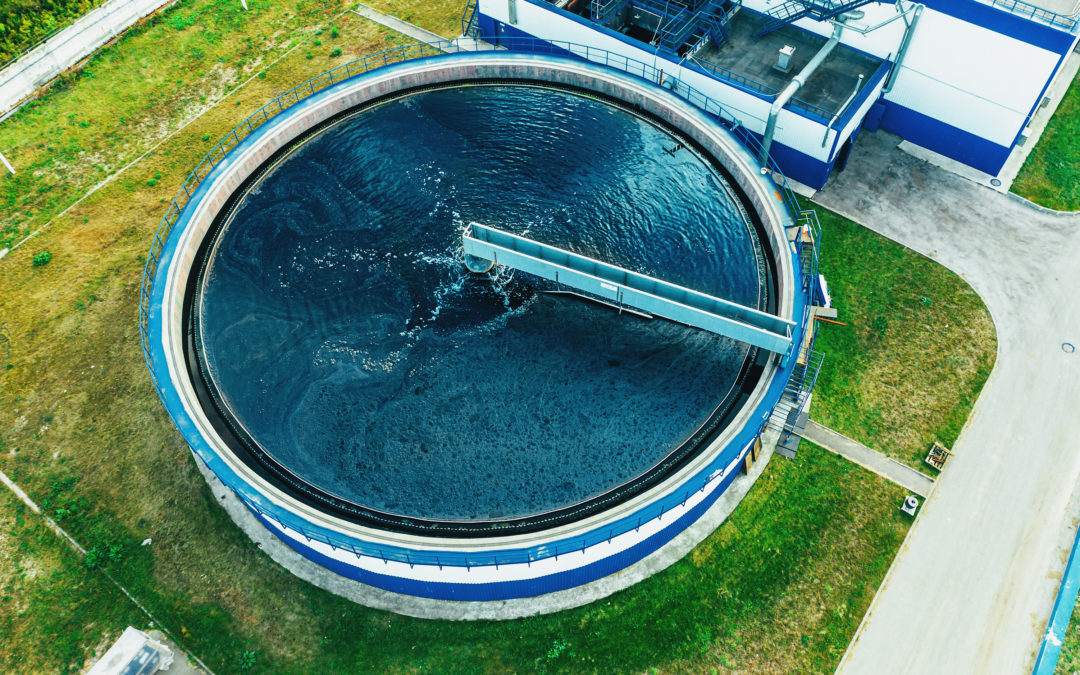
The importance of Primary Clarification:
The importance of Primary Clarification and how it can impact Effluent BOD.
